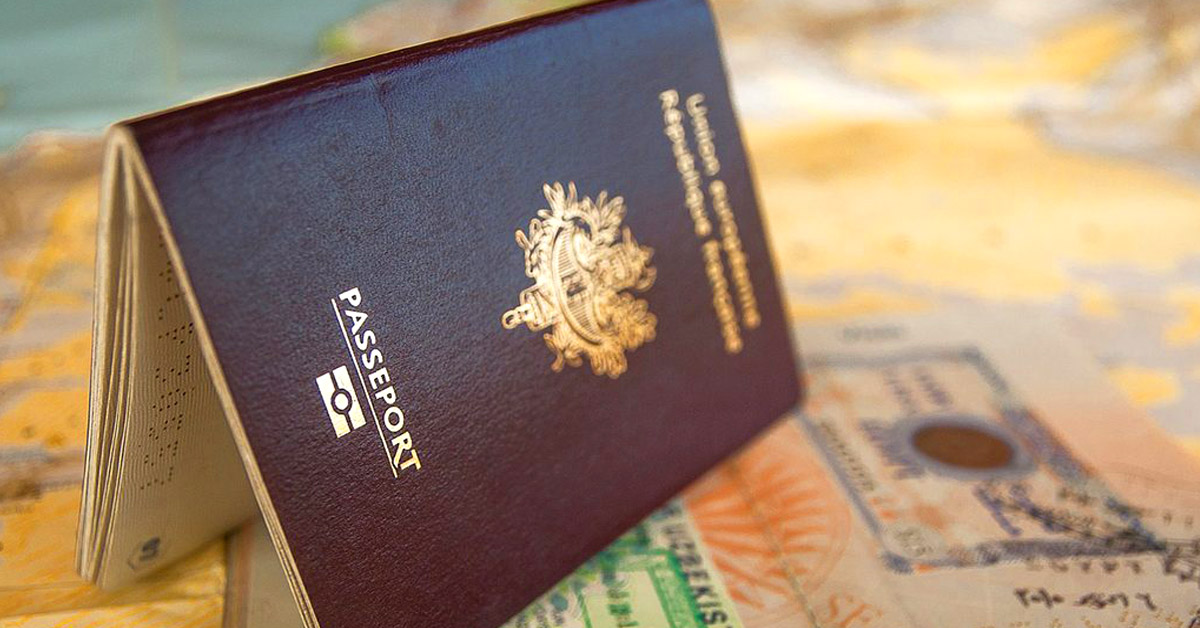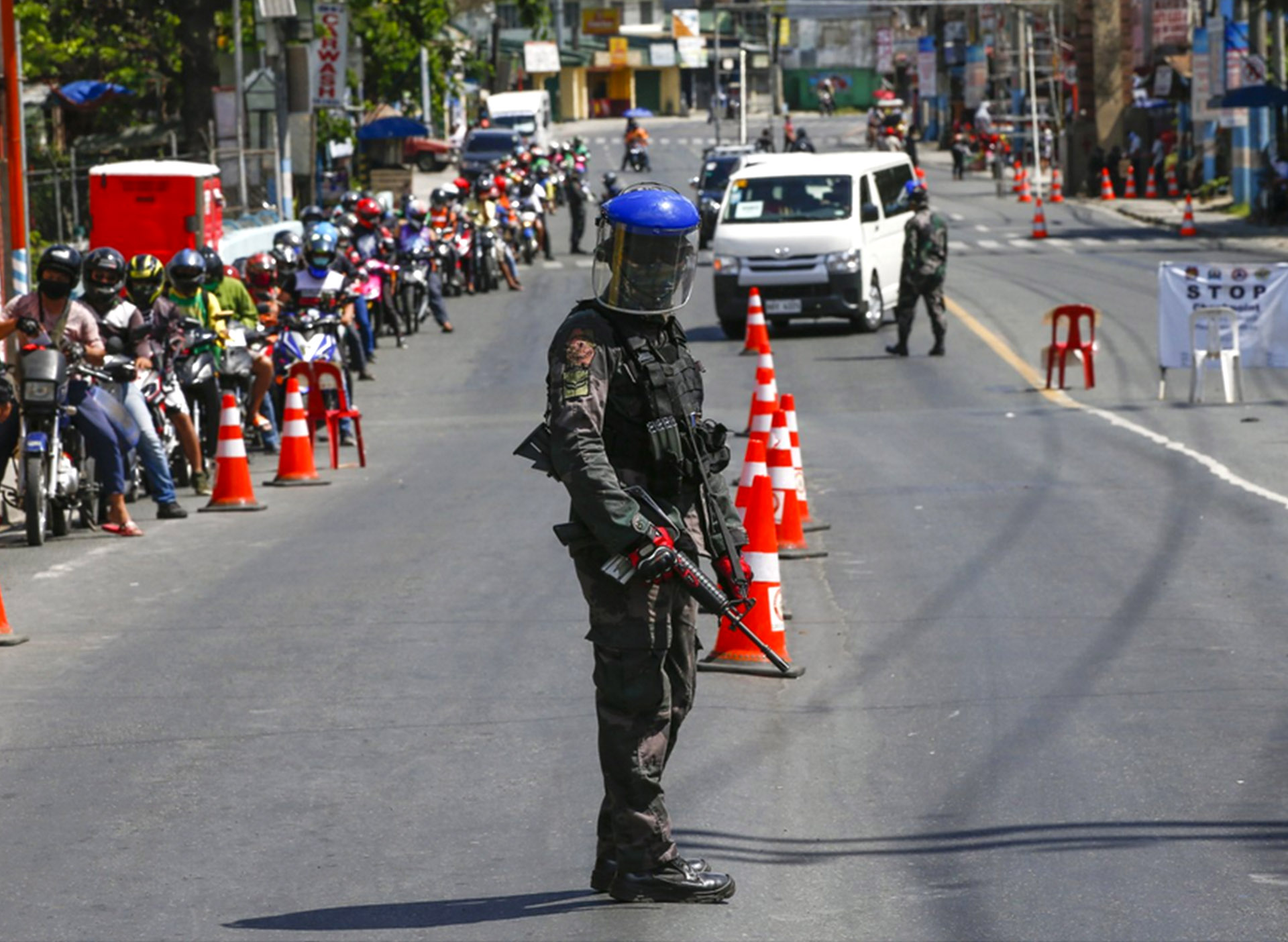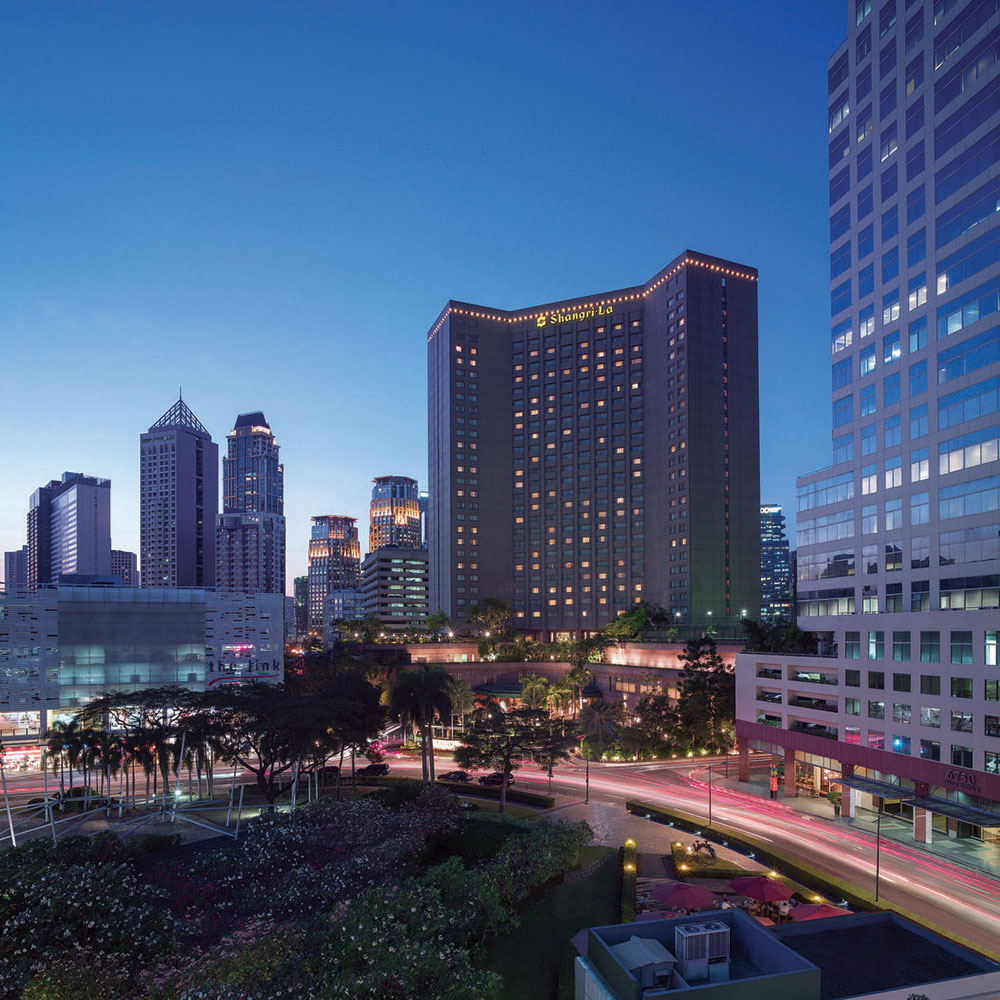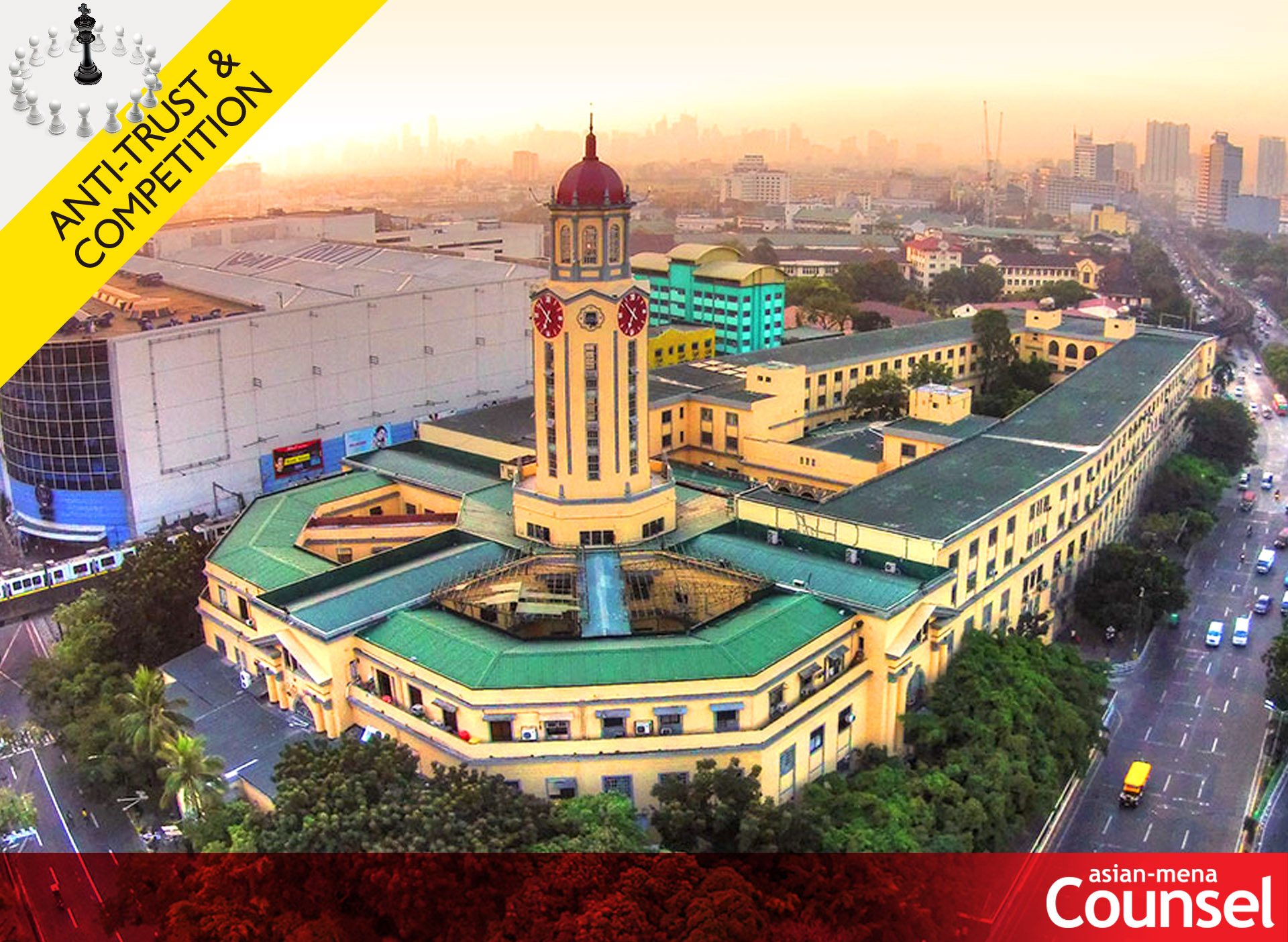In a world where cross-border transactions are commonplace, disputes inevitably arise. Thus, the recognition and enforcement of foreign court decisions is a key issue.
On this score, the Hague Conference on Private International Law (HCCH) adopted last July 2, 2019, the Convention on the Recognition and Enforcement of Foreign Judgments in Civil or Commercial Matters seeks “to promote effective access to justice for all and to facilitate rule-based multilateral trade and investment, and mobility, through judicial co-operation”. This is intended to fill in the gap in cross-border litigation, particularly the uncertainty of recognition and enforcement of court decisions in another jurisdiction and seeks to serve as a mechanism similar to the New York Convention on the recognition and enforcement of foreign arbitral awards, which has been widely ratified by a number of states.
Uruguay was the first country to accede to the Convention. The Philippines, which participated in the discussions, has yet to accede to the Convention.
The Convention applies to the recognition and enforcement of foreign judgments in civil or commercial matters in one contracting state of a judgment given by a court of another contracting state. It shall, however, not extend to revenue, customs or administrative matters. It further excludes within its scope foreign judgments on status and legal capacity of natural persons, family law matters, wills and succession, insolvency, carriage of passengers and goods, defamation, privacy, intellectual property or anti-trust matters, among others.
The Convention mainly provides that there shall be no review on the merits of the foreign judgments in the requested state. This is consistent with Philippine jurisprudence, which already recognises that “a Philippine court will not substitute its own interpretation of any provision of the law or rules of procedure of another country, nor review and pronounce its own judgment on the sufficiency of evidence presented before a competent court of another jurisdiction”. (Bank of the Philippine Islands Securities Corporation v. Guevara, G.R. No. 167052, March 11, 2015) This is also in accordance with the “policy of preclusion” or the policy in all legal systems to limit repetitive litigation on claims and issues. (Mijares v. Ranada, G.R. No. 139325, April 12, 2005)
The Convention also provides limited grounds for the refusal of recognition and enforcement of a foreign judgment:
- lack of notification to the parties sufficient to enable them to prepare their defence, or was made in a manner incompatible with the fundamental rules of the requested state concerning service of documents;
- the judgment was obtained by fraud;
- the recognition or enforcement of the judgment would be manifestly incompatible with the public policy of the requested state;
- the proceedings in the court of origin were contrary to an agreement; or a designation in a trust instrument, under which the dispute was to be determined in court of a state other that the state of origin;
- the judgment is inconsistent with a judgment given by a court of the requested state in a dispute between the same parties; or
- the judgment is inconsistent with an earlier judgment given by a court of another state between the same parties on the same subject matter, provided that the earlier judgment fulfils the conditions necessary for its recognition in the requested state.
The foregoing grounds are similar to those provided under Section 48, Rule 39 of the Rules of Court with the exception of the ground that there is a clear mistake of fact and law in the foreign judgment sought to be enforced in the Philippines. This may be due to the fact that this ground has been used (or misused) to re-litigate the case in the Philippine courts, which is inconsistent with the “no merit review” provision under the Convention.
However, in Soorajmull Nagarmull v. Binalbagan-Isabela Sugar Company, Inc., (G.R. No. L-22470, May 28, 1970), our Supreme Court refused recognition and enforcement of the foreign decisions as they were found to have been rendered upon a clear mistake of law. The Supreme Court did so on the basis that the foreign decisions make an innocent party suffer the consequences of the default or breach of contract committed by another party. This then begs the question as to whether this case would have been decided differently under the Convention, or is it possible to frame this under the public policy exception?
At any rate, as the Convention operates under the framework of mutual trust between and among states, it also provides an “objection mechanism” for a contracting state to notify the depositary of the Convention, which is the Ministry of Foreign Affairs of the Kingdom of the Netherlands, that its accession shall not have the effect of establishing a relationship with another contracting state. In other words, this allows a contracting state to choose which state’s judgments it does not want to be bound to recognise and enforce.
In the end, any matter raised for or against the accession to the Judgments Convention should be gauged in the light of its promise for greater recognition and enforcement of Philippine court decisions involving cross-border transactions in other jurisdictions. For now, we shall see what will happen next.
______________________________
This first appeared in Business World, a newspaper of general circulation in the Philippines. The views and opinions expressed in this article are those of the author. This article is for general informational and educational purposes and not offered as, nor does not constitute, legal advice or legal opinion.

T: (63) 2 830 8000


 By
By 






































 Angara Abello Concepcion Regala & Cruz Law Offices (ACCRALAW)
Angara Abello Concepcion Regala & Cruz Law Offices (ACCRALAW) Emerico O. De Guzman
Emerico O. De Guzman







